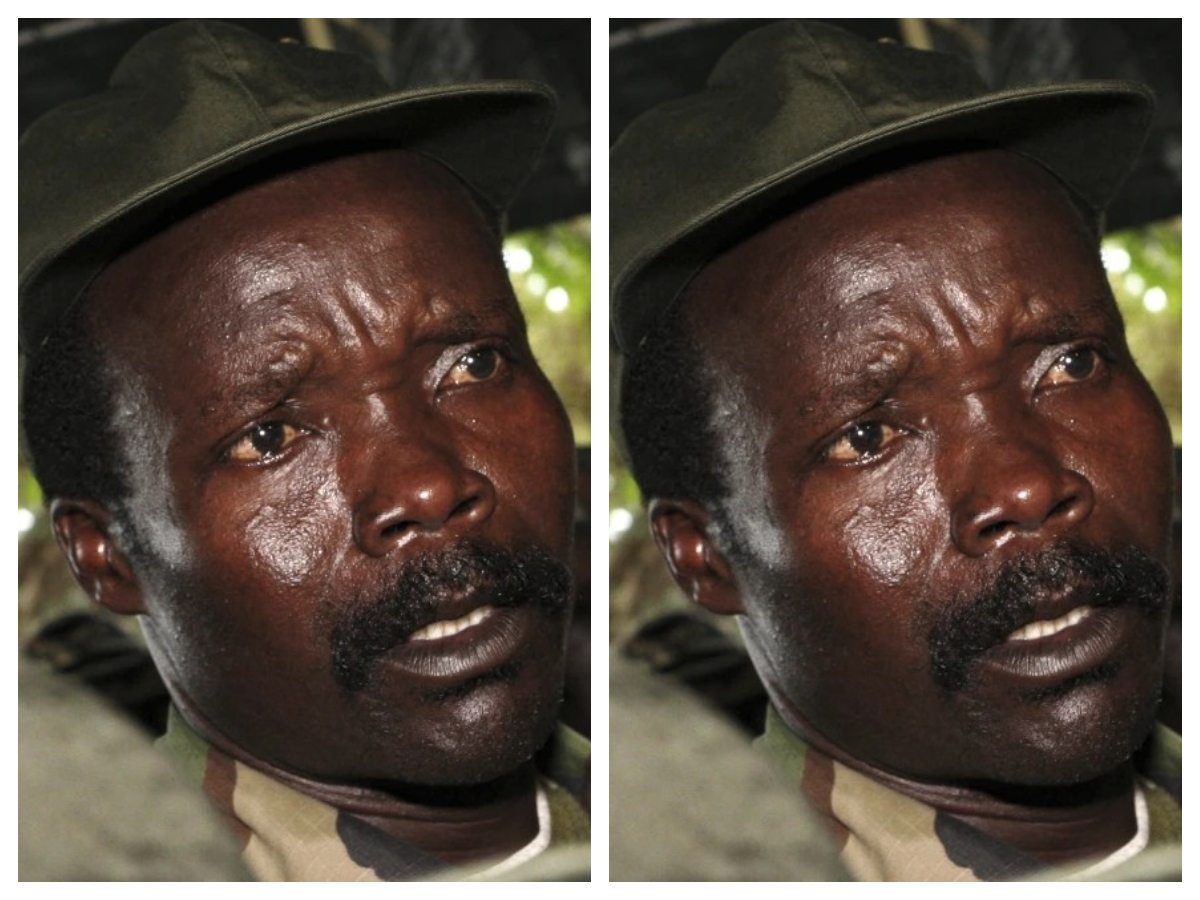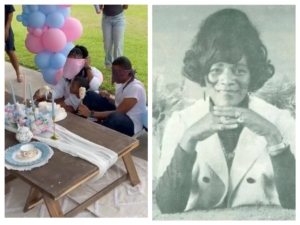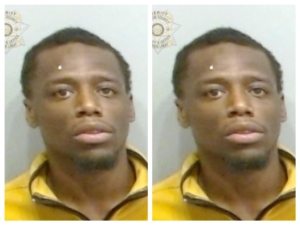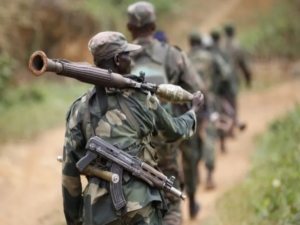Prosecutors at the International Criminal Court (ICC) opened a landmark hearing on Tuesday, laying out evidence against Joseph Kony, the fugitive Ugandan warlord accused of atrocities that continue to haunt survivors decades later. It is the tribunal’s first-ever in absentia proceeding.
Kony, leader of the Lord’s Resistance Army (LRA), faces 39 charges of war crimes and crimes against humanity, from murder and mutilation to sexual enslavement. His militia rose to prominence in the late 1980s with a campaign of terror in northern Uganda before spilling into neighboring Congo, South Sudan, and the Central African Republic.
Deputy prosecutor Mame Mandiaye Niang said in his opening statement that “the social and cultural fabric of Northern Uganda has been torn apart and it is still struggling to rebuild itself.” He noted that victims remain “scarred in their body and spirit.”
READ ALSO: ICC to hear evidence against fugitive warlord Joseph Kony in historic in absentia case
To underline the scale of the devastation, Niang presented graphic footage, including a Ugandan police video showing a corpse being pulled from the ruins of a burned building.
The hearing is not a full trial but a confirmation of charges proceeding that allows judges to decide whether the evidence is strong enough to move forward. Since Kony has evaded capture, he cannot be tried unless he is placed in ICC custody. His court-appointed counsel, however, argued that the process undermines fairness.
“The empty chair impacted the preparation of the defense,” lawyer Peter Haynes told the court, pointing to the seat where Kony would sit if present, AP reported.
Legal experts say the proceedings could set precedent for future cases involving high-profile fugitives, such as Israeli Prime Minister Benjamin Netanyahu or Russian President Vladimir Putin. “Everything that happens at the ICC is precedent for the next case,” said Michael Scharf, an international law professor at Case Western Reserve University.
While Netanyahu and Putin remain in known locations, Kony has eluded capture since his indictment in 2005, despite U.S. special forces and a $5 million reward. His notoriety spiked in 2012 after a viral video spotlighted his crimes, but international efforts to track him down failed.
The hearing is closely followed in Uganda, where memories of LRA brutality remain raw. “He did many things bad,” said Odong Kajumba, who escaped captivity after being forced to carry a sack of sugar across the Sudan border in 1996. “If they can arrest Kony, I am very happy.”
READ ALSO: This brave Ugandan woman faced brutal rebel leader Joseph Kony in the 1990s to talk peace
Yet others question the value of prosecuting a man still at large. “Why do you want to try a man you can’t get? They should first get him,” said former Ugandan lawmaker Odonga Otto, who called the process “a mockery.” In his view, a trial without Kony in custody denies victims the chance to see justice fully realized.
The ICC has previously prosecuted former LRA commanders. In 2020, Dominic Ongwen, himself abducted as a boy and turned into a brutal commander, was convicted of 61 crimes, including murder, rape, forced marriage, and child soldier recruitment. He is serving a 25-year sentence in Norway.










